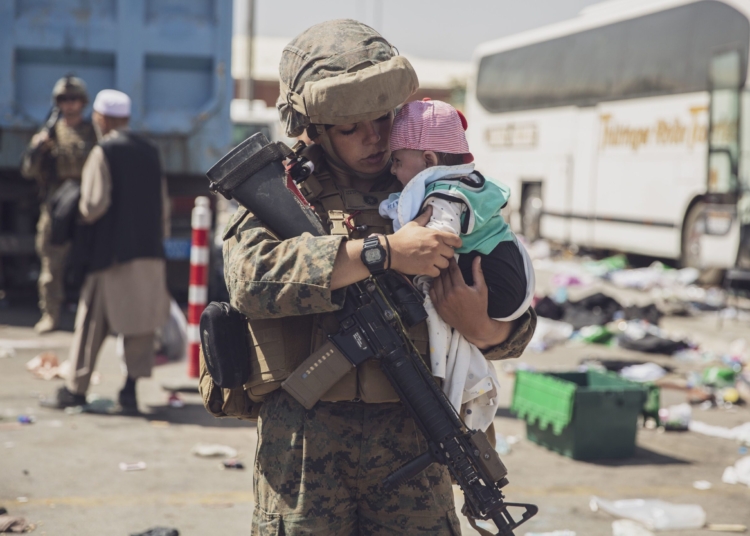This content discusses the role of military interventions in conflict resolution from the perspective of military experts. The article highlights the reasons for military interventions and their effectiveness in achieving long-term peace. It emphasizes the importance of a comprehensive approach that combines military force with diplomacy, political negotiation, economic development, and effective governance structures. The complexities and challenges of military interventions are also addressed, including limited resources, public opinion, cultural complexities, and potential political backlash. The article concludes by asserting that while military interventions can be effective in de-escalating conflicts and creating short-term stability, a holistic and thoughtful approach is necessary for long-lasting peace.
Military Interventions and Conflict Resolution: Military Experts’ Perspectives
Introduction
Military interventions, defined as the deployment of armed forces in a foreign territory for various reasons, have been at the center of many global conflicts throughout history. These interventions are often controversial and raise questions about their effectiveness in resolving conflicts and promoting peace. In this article, we will explore the perspectives of military experts on the role of military interventions in conflict resolution.
The Role of Military Interventions
Military interventions are undertaken for a variety of reasons, including preventing or stopping acts of aggression, protecting civilians, supporting a cause or regime change, or ensuring the stability of a region. However, their effectiveness in achieving long-term conflict resolution remains a subject of debate.
According to military experts, military interventions are often necessary in situations where diplomacy and non-military approaches have failed or are insufficient to address the conflict. These experts argue that military force can serve as a deterrent or a means to de-escalate conflicts by demonstrating resolve and imposing consequences on the aggressor.
The Importance of a Comprehensive Approach
Military interventions alone are not enough to achieve sustainable conflict resolution. Military experts emphasize the need for a comprehensive approach that combines the use of force with diplomacy, political negotiation, economic development, and the establishment of effective governance structures.
Through this comprehensive approach, military interventions can create the conditions necessary for long-term peace. Military experts point out that military force can temporarily neutralize armed groups or oppressive regimes, but lasting peace requires addressing the root causes of the conflict and promoting stability through political and socioeconomic reforms.
Evaluating the Success of Military Interventions
Assessing the success of military interventions is complex, as it depends on multiple factors such as the nature of the conflict, the objectives of the intervention, and the implementation of post-conflict reconstruction and peacebuilding efforts.
Military experts argue that a successful military intervention should not only focus on achieving immediate military objectives but also consider the long-term consequences and sustainability of the intervention. It should prioritize civilian protection, respect for human rights, and the establishment of a stable and inclusive governance system.
However, critics argue that military interventions often result in unintended consequences, such as civilian casualties, the unintended perpetuation of conflict, or even the emergence of new conflicts. These unintended consequences highlight the importance of careful planning, coordination, and international cooperation in military interventions.
The Challenges of Military Interventions
Military interventions are not without challenges. Military experts acknowledge that they face several obstacles, including limited resources, public opinion, cultural and historical complexities of the conflict, and the potential for political backlash both domestically and internationally.
Furthermore, military intervention can strain the relationship between the intervening forces and the local population. It can lead to a loss of trust and legitimacy if not conducted with sensitivity to local customs, norms, and aspirations.
Conclusion
Military interventions play a significant role in conflict resolution, but their success depends on many factors. While they can be effective in de-escalating conflicts and creating short-term stability, they are not a panacea. A comprehensive approach that combines military force with diplomacy, economic development, and political reforms is crucial in achieving long-lasting peace.
As military experts suggest, it is crucial to carefully plan and coordinate military interventions, considering the potential unintended consequences and the need for international cooperation. It is through a holistic and thoughtful approach that military interventions can truly contribute to conflict resolution and promote global peace.













